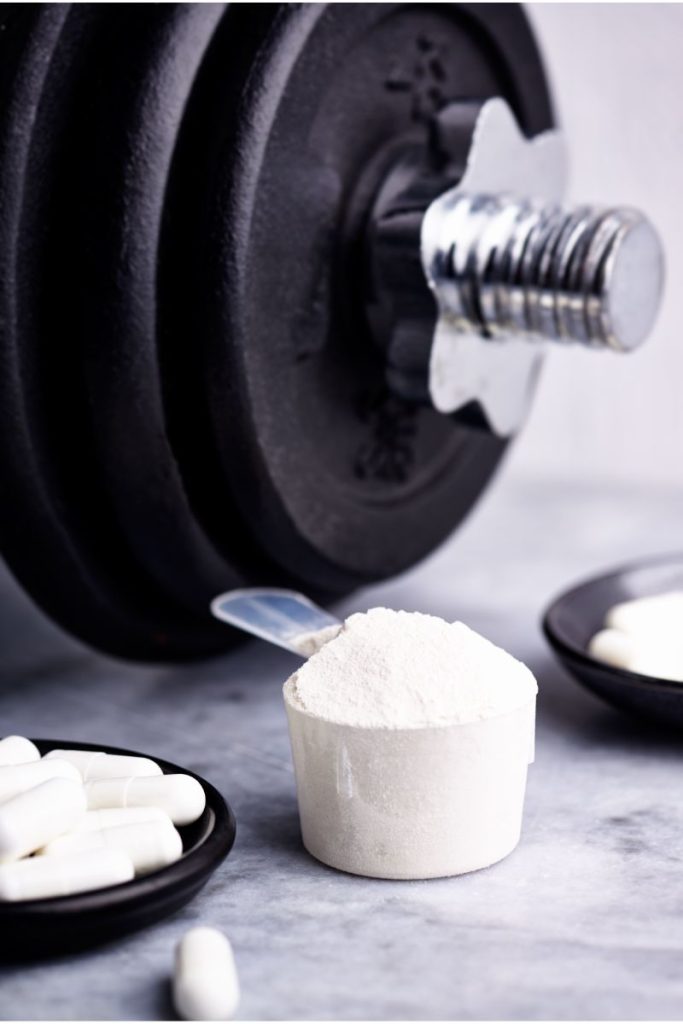Recipe: Semolina Pudding for IBS
Ingredients
25g Coconut Flower / 25g Almond flour
15g – 20g Slippery Elm Bark Powder
5g Cinnamon Powder
5 g Ginger Powder (optional)
Almond Milk
1 Banana Finely Sliced
10g of Milled Flax (topping)
Tbsp Tahini (topping )
Walnuts (topping)o.
Directions
- Add all the powders (except lacuma) to saucepan & add 1/4 cup of almond milk to mix into a smooth paste.
- Next add the banana and gradually add water or more almond milk for extra creaminess. Stir regularly as you cook on a low to medium heat until you have a porridge like consistency.
- Lacuma powder can be added on top while hot or folded in gently..this helps retain some of the sweet flavor which would be lost in cooking.
- Decoration & Texture: Can sprinkle flax and walnuts over the top and swirl tahini onto it. (if there is great discomfort in digestion and using as anti acid replacement then toppings should be avoided).
Nutritional Information
This breakfast pudding supports healthy metabolism and can aid weight loss. It will soothe the digestive tract, stomach sphincter and bowels as it is high in mucilage. Taken daily it will aid in repairing and calming inflammatory conditions of the digestive system & is highly appropriate for IBS (Irritable Bowel Syndrome), Diverticulitis, Gastritis, Colitis, Crohn’s Disease, Haemorrhoids. It is suitable for over or under acid conditions or those recovering from illness or a fast or for those watching blood sugar levels.
Antacids
New evidence demonstrates conditions such as GERD is a result of low stomach acid, not high[i]. The stomach sphincter closes in response to a rise in stomach acid after food has entered. When there is low stomach acid the stomach sphincter can stay slightly open. This allows acid to leak back up the esophagus causing reflux. Taking ant acids long term is not a viable solution, besides the many dangerous side effects, it further reduces acid in the stomach causing food to move through the digestive tract partially digested. Insufficient acid in the stomach also fails to kill pathogens such as bacteria and yeasts present in food or stimulate the pancreas & gallbladder to produce the digestive enzymes & bile needed to further break down carbohydrates & fats. This can lead to bacterial and yeast infections and eventually lead to multiple food allergies, Leaky Gut, IBS, Crohn’s disease, Colitis etc. Stress is a big player in all these conditions and would need equal consideration.
Slippery Elm Bark
Has a high amount of mucilage and when mixed with water makes a paste. It is nutrient rich containing, beta-sitosterol, tannin, calcium, iron, magnesium, manganese, phosphorus, potassium, selenium, zinc, beta-carotene and vitamins B1, B2, B3 and C. Slippery Elm has a high quantity of mucilage which makes it a top herb for acid reflux as well as ulcers. It is used for both constipation & diarrhea, and any condition where the bowel is irritated. It is also used for UTI (urinary tract infections) and for expelling tapeworms.
Coconut Flour
is a healthy source of fat, is high in fibre and is packed with 17 out the 20 amino acids needed for protein formation. It is also quite high in folate and has a low glycaemic index. It is very easy to digest in comparison to gluten, oats, animal protein or some seeds & nuts.

Herbalist, Nutritionist, Iridologist and Yoga Therapy

Herbalist, Nutritionist, Iridologist and Yoga Therapy





